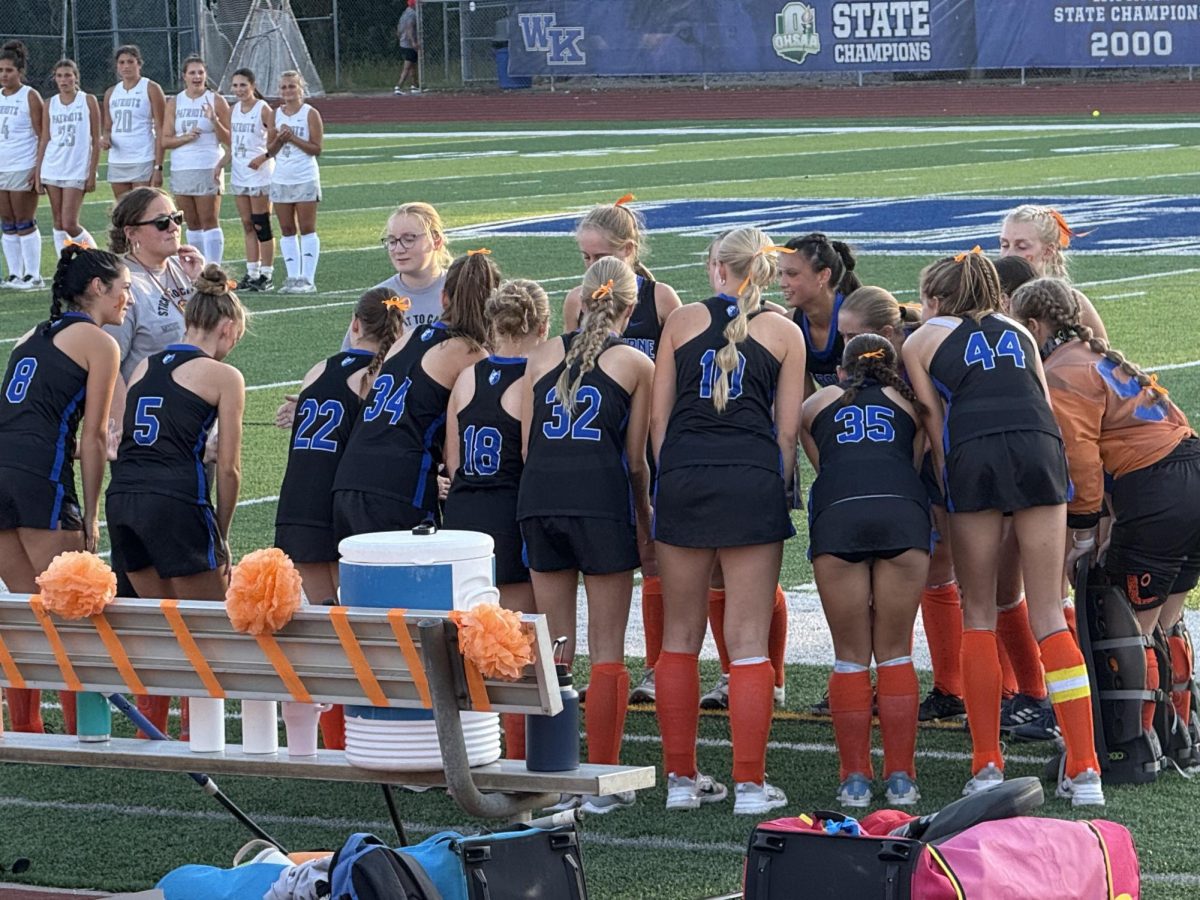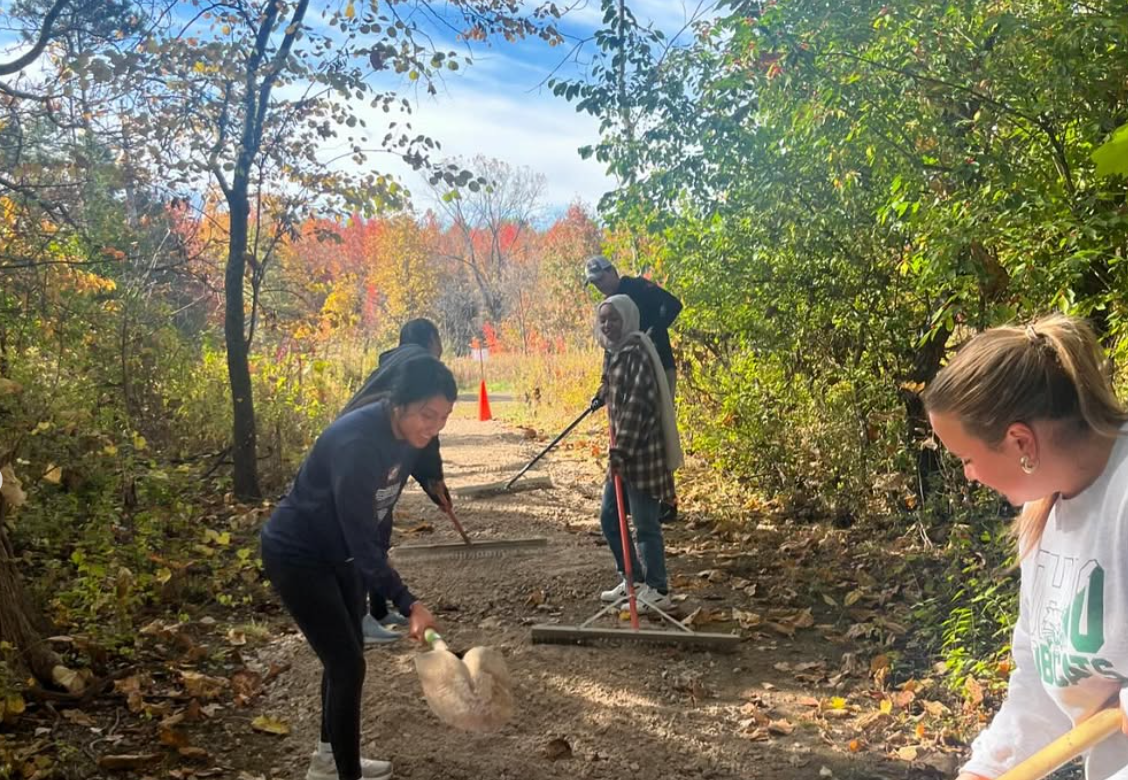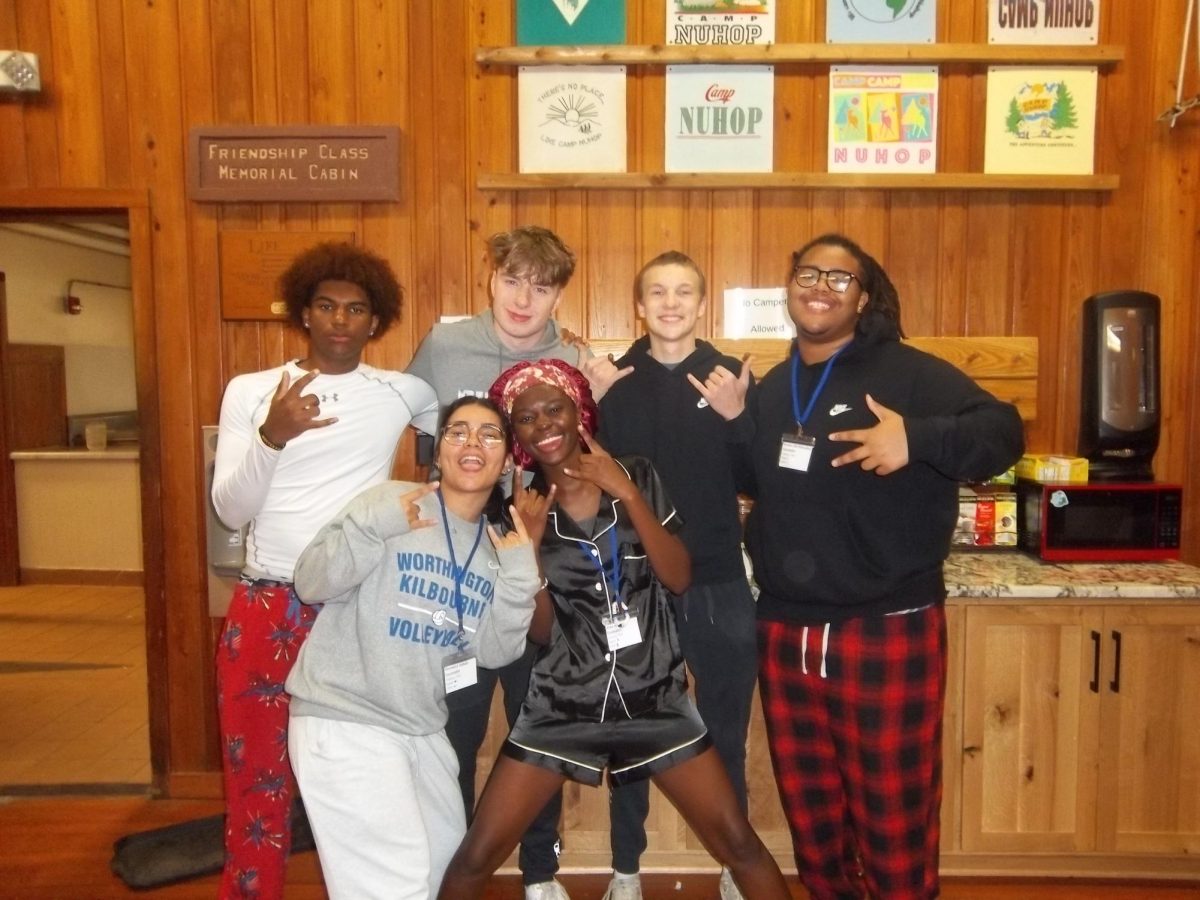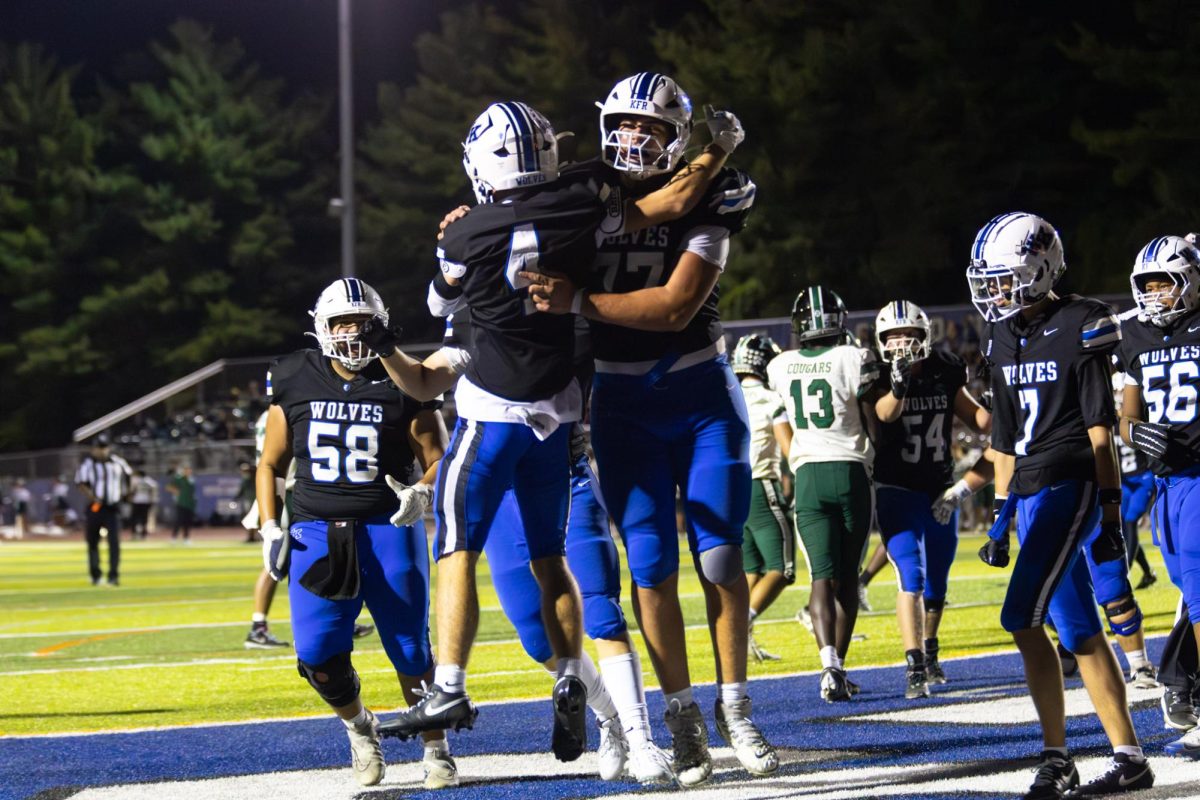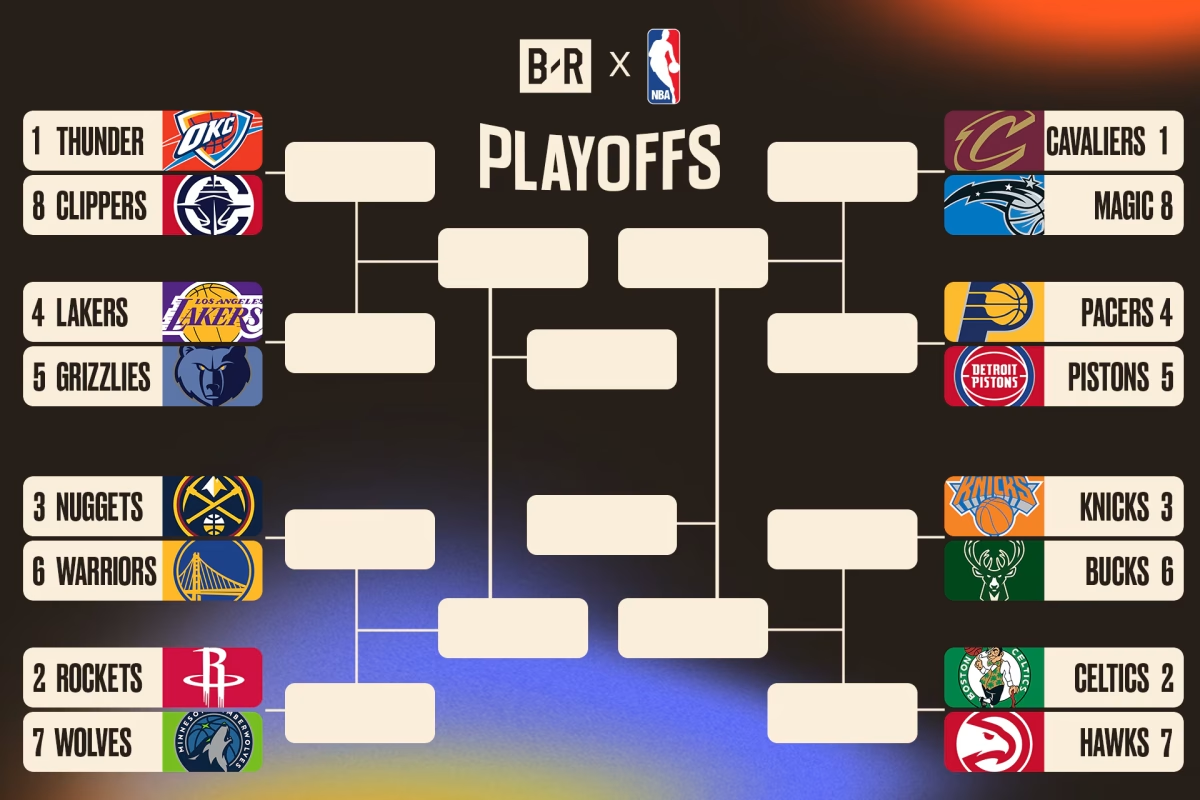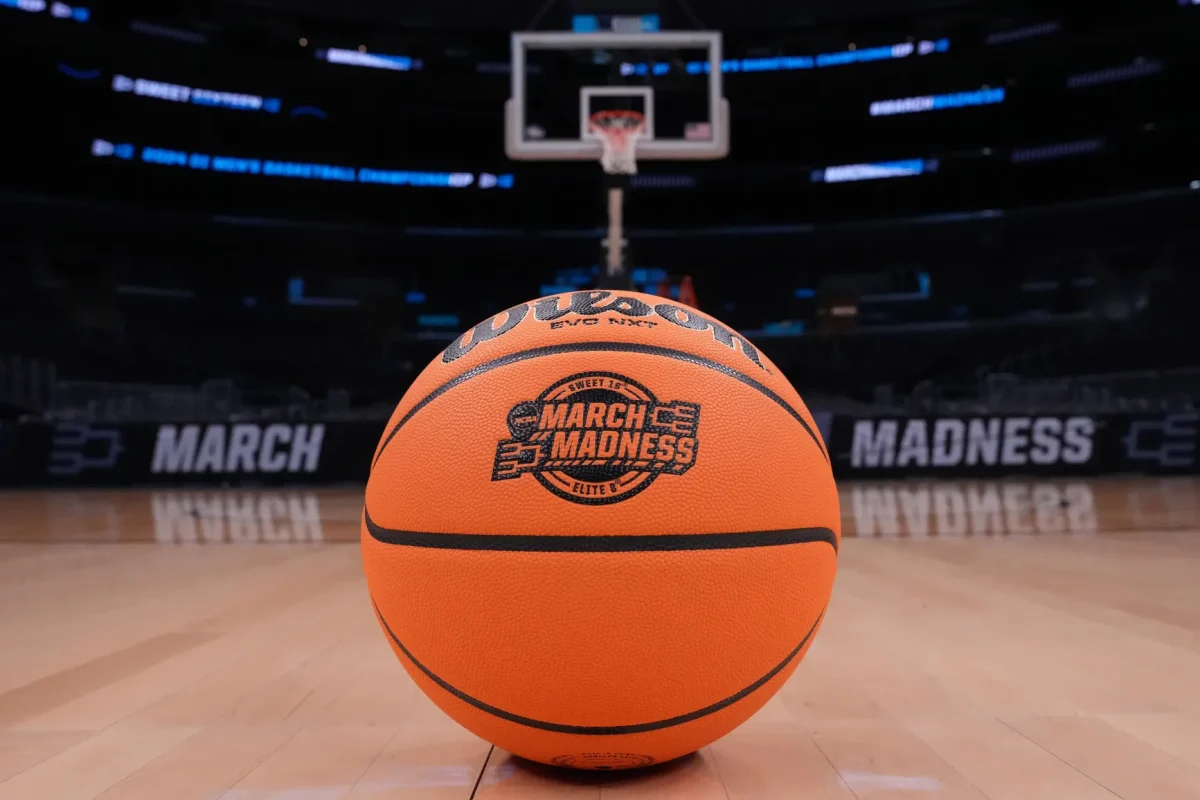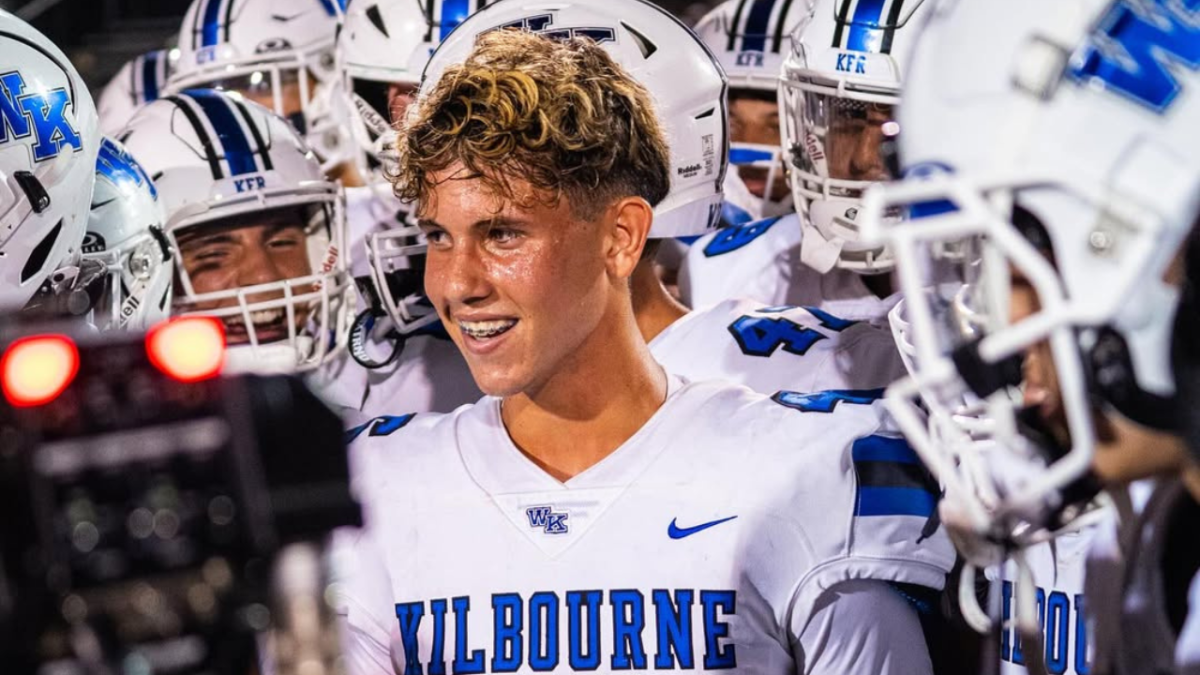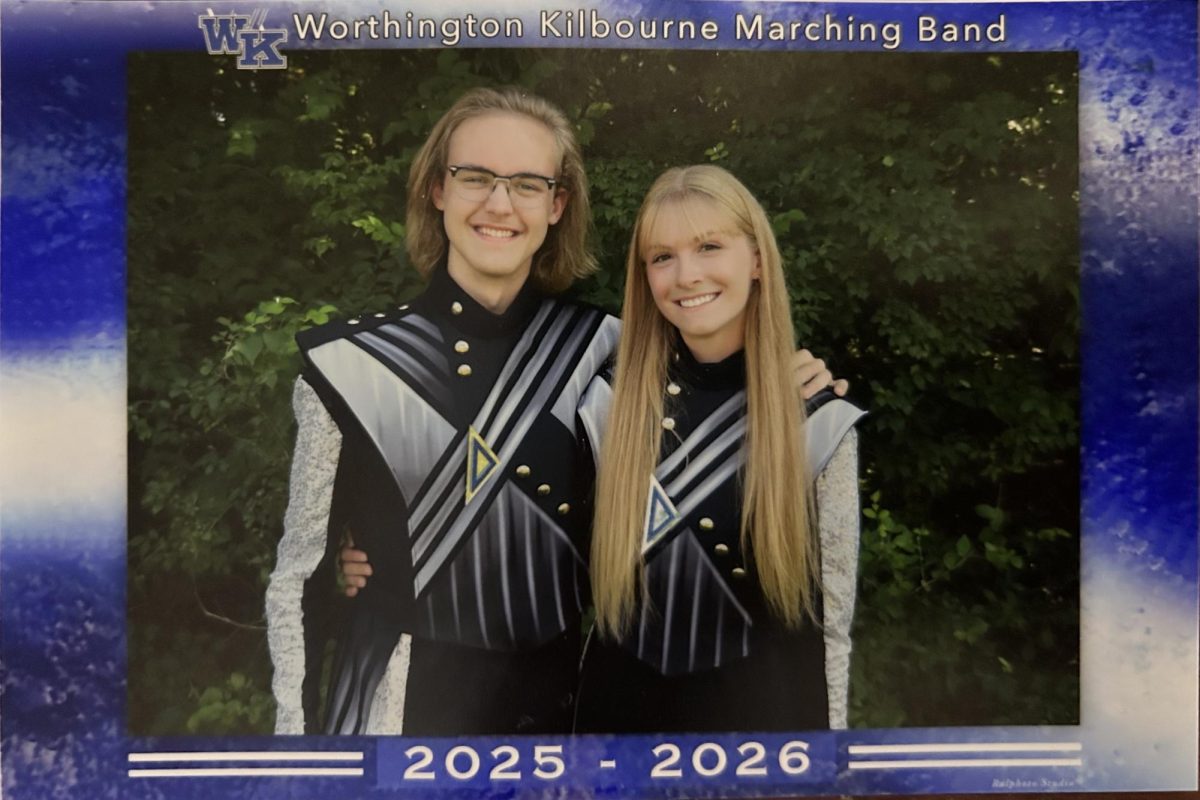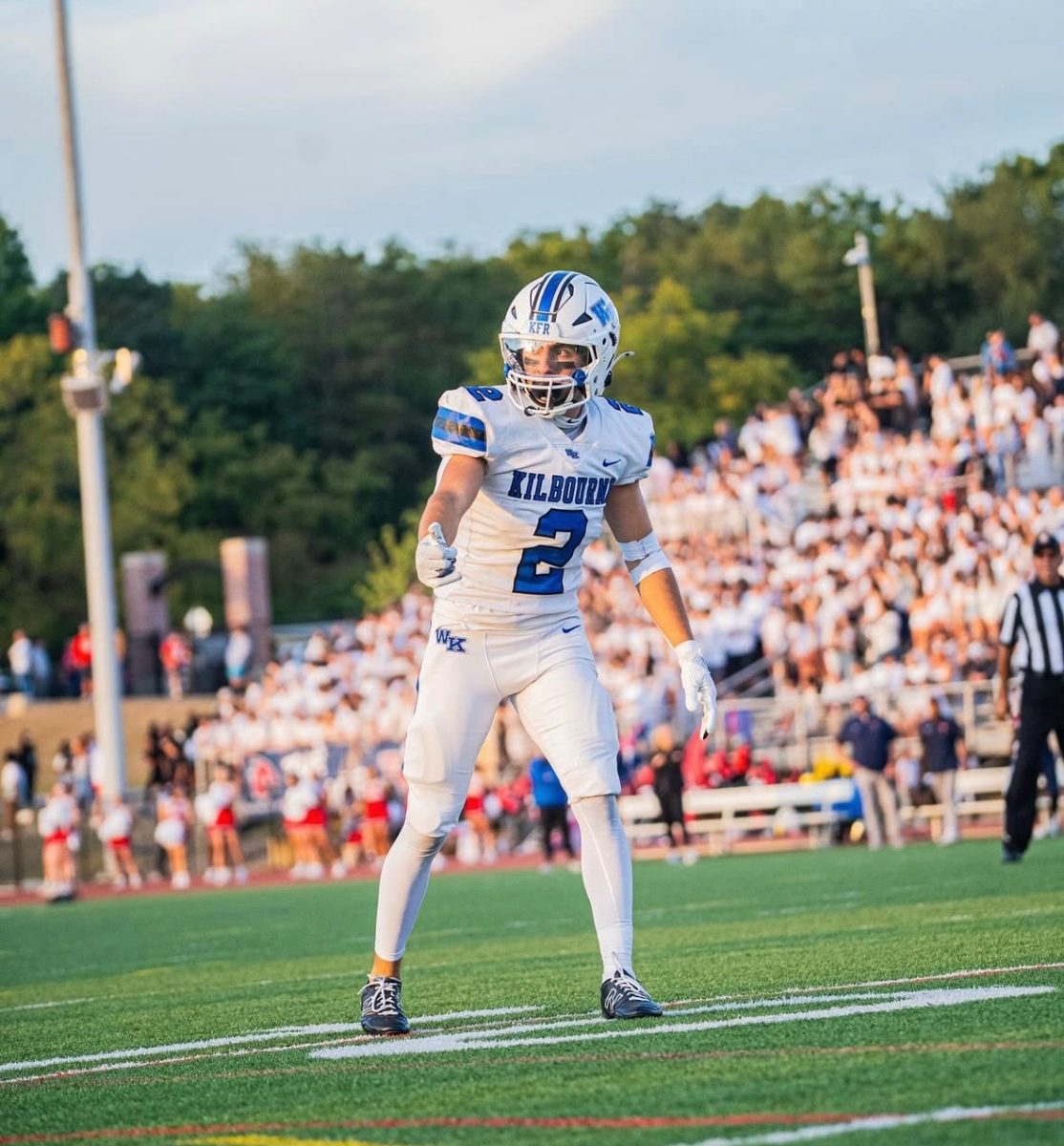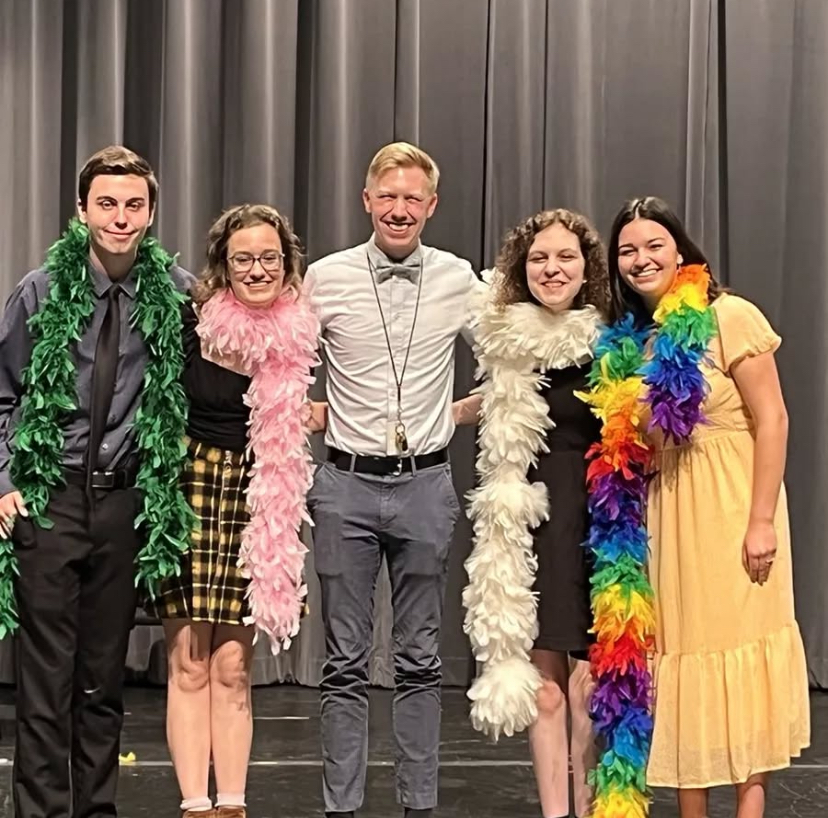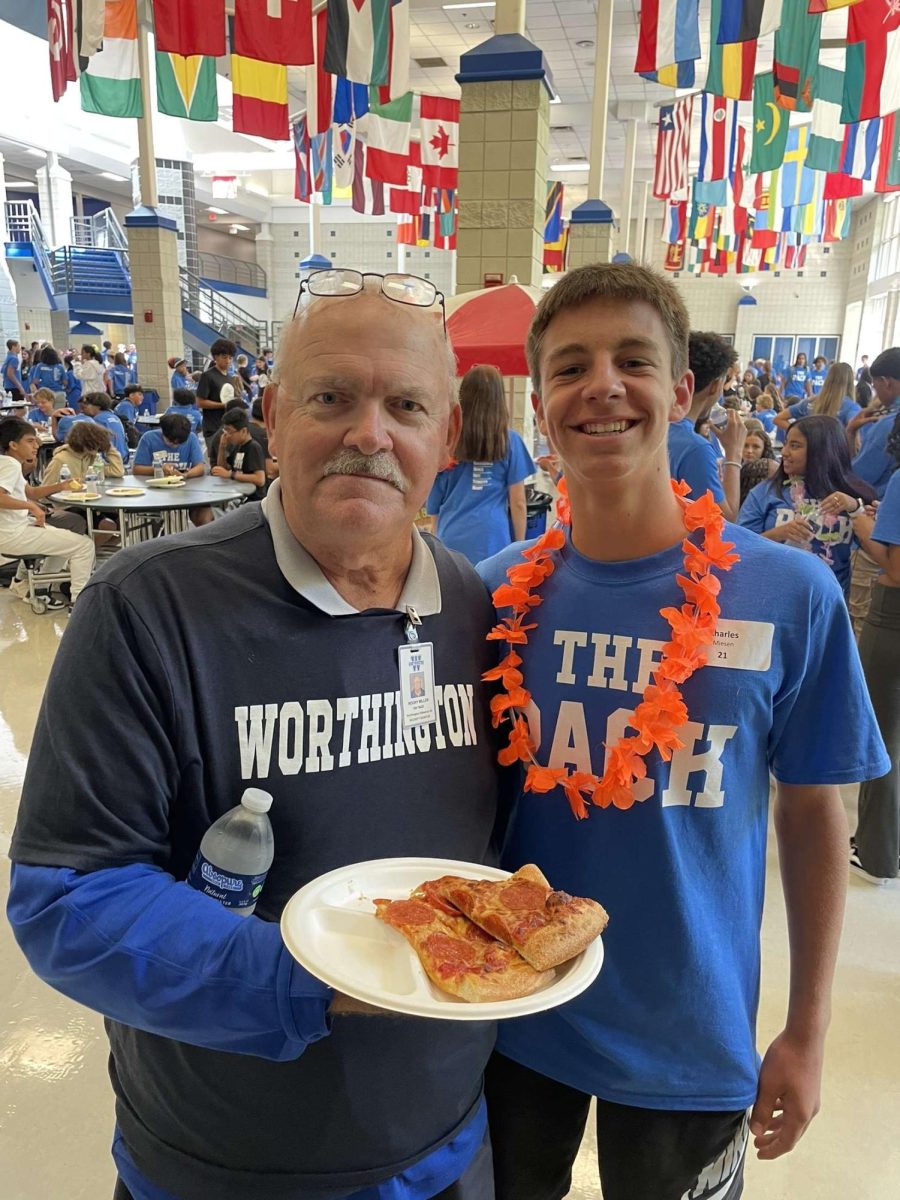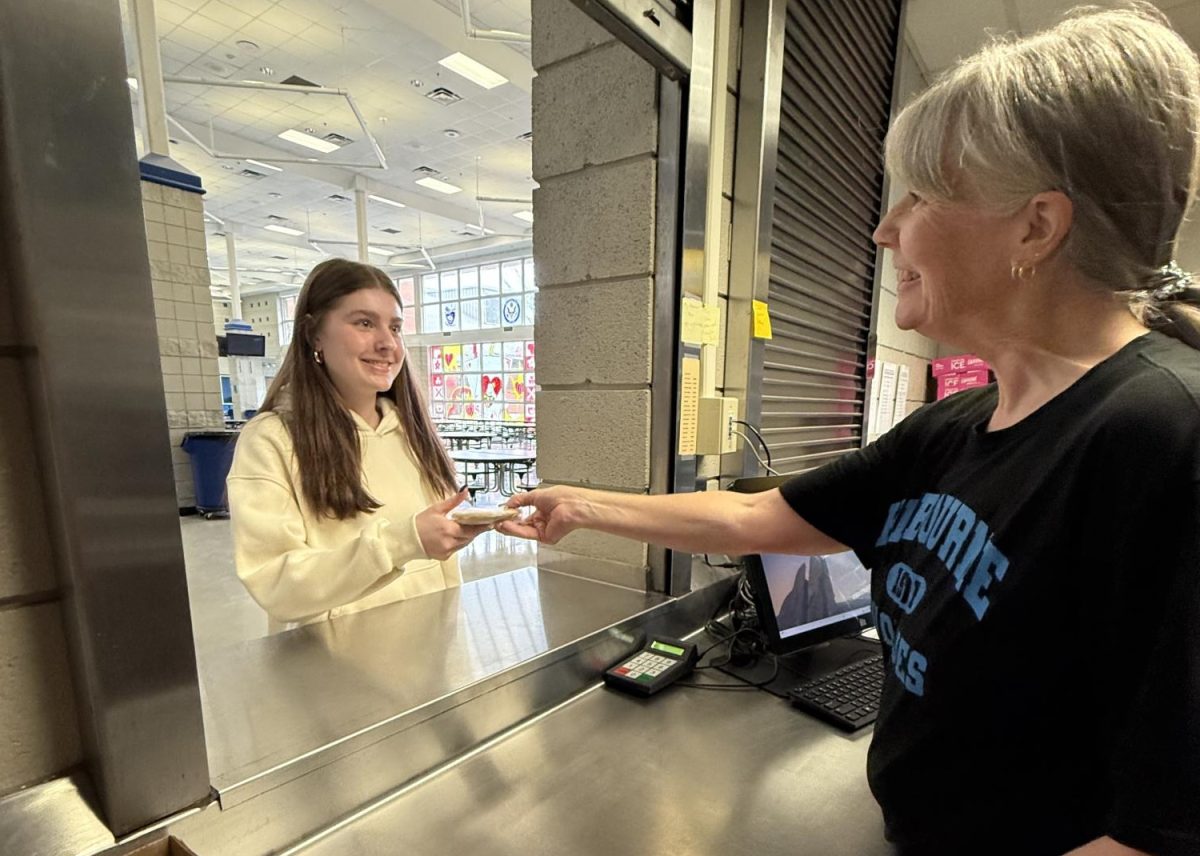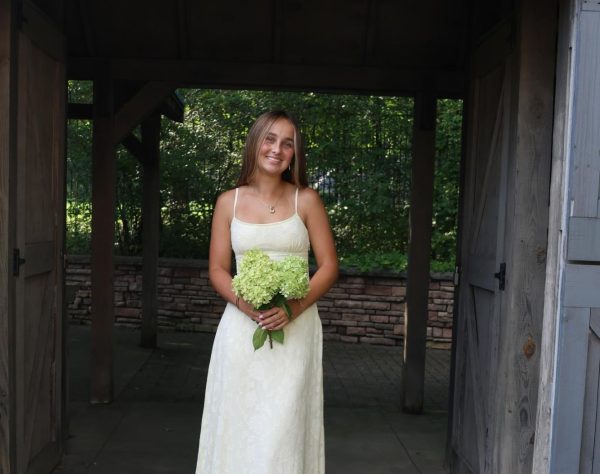Autumn is one of the busiest times for seniors across the country as students race to complete their common applications and submit to their colleges of choice, and although college has been a primary focus of many students since starting high school, it always seems that seniors are in a last-minute scramble to finish their applications. There’s so much to do that it’s easy to miss the small steps that can make or break a whole application. This week, The Ravine got the chance to ask Mrs. Abbott and Mrs. Mann about the most common mistakes, pressing questions, and for their advice on polishing college applications.
Common Mistakes
Mrs. Mann wanted to focus on three main mistakes she sees most often: not sending official ACT test scores, forgetting to complete the transcript release form, and not assigning recommenders on the Common Application after asking them for a letter. Mrs. Abbott echoed these focal points and added to remember to complete these steps for your applications on and off the common application.
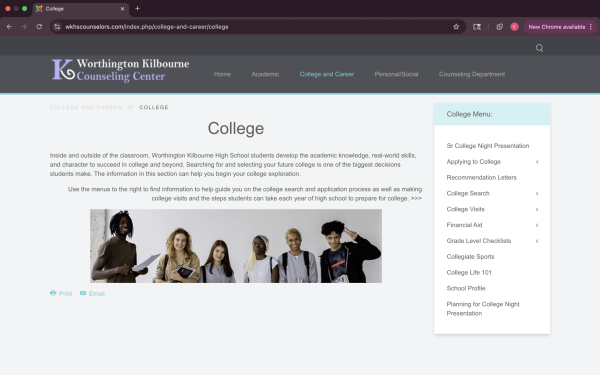
Finalizing the College List
Both counselors also stressed the importance of having a finalized college list before diving into your applications. “If you know you’re not applying to a school, take it off your list,” says Mrs. Mann. She advised that students should clean up their ‘My Colleges’ tab on their common application to stay organized and to not stress out their brain. Mrs. Abbott also noted that often, applying to too many schools can be overwhelming. “Seven or more is too much for most students,” she recounts hearing at a counselors conference she recently spent time at. “Focus on schools that are a genuine fit. Some colleges are what I call ‘highly rejective,’ and it’s important to think about your chances and what you really want.”
Managing Early Action and Early Decision
Early Action and Early Decision deadlines are confusing to many students. Mrs. Mann recommends applying EA to any school you’re seriously considering. “It shows interest and gives you a decision sooner,” she explained. Early Action is non-binding, which means once you get in you are in no way bound to the school. Early Decision is binding though, and Mrs. Mann warned that students should only apply if they’re absolutely sure about their choice. Both counselors also noted that students should consider their financial situation when applying for Early Decision, as most schools require you to go if you get in, regardless of your ability to pay the tuition and other costs of attendance.
Staying Organized in the Final Weeks
Staying organized is the most important step in the process. Mrs. Mann suggested using the senior checklist available on the counselor website. “The Common App itself is a great resource—it tells you what’s missing and what’s done,” she says. The counselor website has resources for colleges on and off the common application. Mrs. Abbott encouraged all students to plan ahead and to have multiple people review their application for any possible errors, best if it’s a variety of people who know different parts of you well. “There are lots of little details. Make sure everything is spelled right, dates are correct, and sections are complete.”
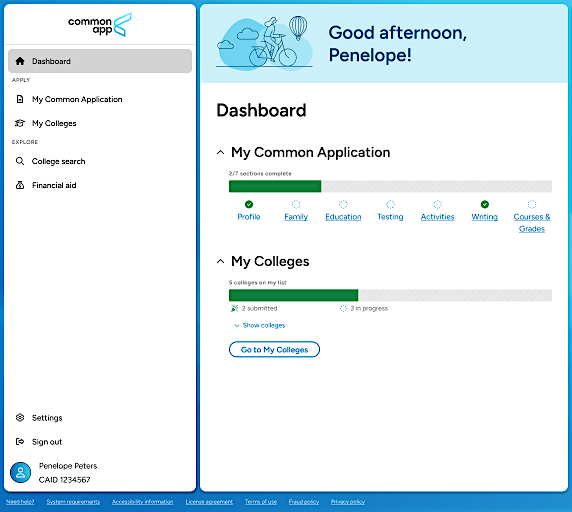
Optional Sections
Mrs. Abbott cautioned against ‘doing too much’ in your application. She warned, “Optional sections can be helpful, but only if they add value. Don’t just add more to try to impress, be thoughtful about what you include.”
Many college admissions committees have a certain amount of time to read your application, so if you fill too many optional sections, it’s likely that the committee will begin to skim your application and possibly miss the emphasis on an important part. Mrs. Abbott also noted that the essays and optional questions don’t need to be incredibly formal or profound. She said, “You’re generation is so used to sharing your personal lives on Snapchat or Instagram, so you want the essays to feel different. That personal tone is actually exactly what they are wanting.”
FAFSA Forms
Lastly, both counselors recommend filling out the FAFSA form, regardless of if they think they will get any. “Some colleges require it just to be considered for scholarships, and also, life happens in college so having it on file can help later.” Mrs. Abbott noted.
For overwhelmed students, both of the counselors’ advice is short but sweet. “Make a checklist, and then cross things off as you go,” said Mrs. Mann. Mrs. Abbott added, “There is no better time to start than now. Come see us, we’ll help you figure it out.”
Mrs. Abbott also wanted to tell students that Monday, October 13 there will be a workshop to help students who are finishing their applications. That along with the counselor website are your two greatest tools as the application season chugs on.
Finish strong Kilbourne seniors, you’re almost there!





